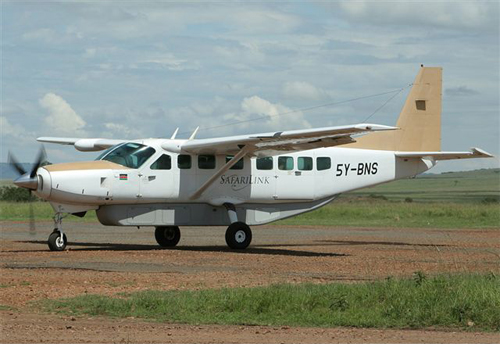Domestic flights that have been grounded for over the past three months due to covid-19 break out, will not be compelled to keep middle row seats empty when they resume passenger flights, KCAA said.
Kenya Civil Aviation Authority director-general Gilbert Kibe said will not fly with the middle row seats empty as it will not sustainable for some airlines.
If the seats are kept empty then that move move will result to increased ticket prices, which will lock out many passengers.
New rules by the Ministry of Trade meant to guide businesses during the gradual easing of Covid-19 restrictions has directed airlines to limit passenger numbers to nearly half of their capacity.
“Airlines in Kenya will be allowed to operate in such a way that they will be able to remain sustainable. Keeping seats in the middle row empty is unsustainable,” Mr Kibe said.
Mr Kibe also said that airlines will combat the spread of the virus by pushing for other measures such as use of face masks, pre-flight screening and sanitising cabins to ensure the safety of passengers and crew.
World Health Organization has urged African countries resuming domestic flights to strictly observe safety measures to mitigate the spread of the virus.
African economies heavily rely on travel and tourism that have been struck hard by the global covid-19 pandemic.
Up to 36 sub-Saharan African countries closed their borders to international travel, with other eight more blocking flights from the worst-hit countries like Italy, China, USA and France.
So far Cameroon, Equatorial Guinea, Tanzania and Zambia have permitted the resumption of domestic flights as 15 members of the Economic Community of West African States (ECOWAS) announcing to resume flying by July 25.
WHO has recommended African countries to implement “comprehensive” entry and exit screening protocols, maintain social distancing where possible, encourage “cough etiquette,” register incoming passengers and make follow ups to track the outbreak.
President Uhuru Kenyatta is today expected to address the nation and lift a raft of measures that were introduced to curb the spread of the virus despite increasing numbers of new infections.


















